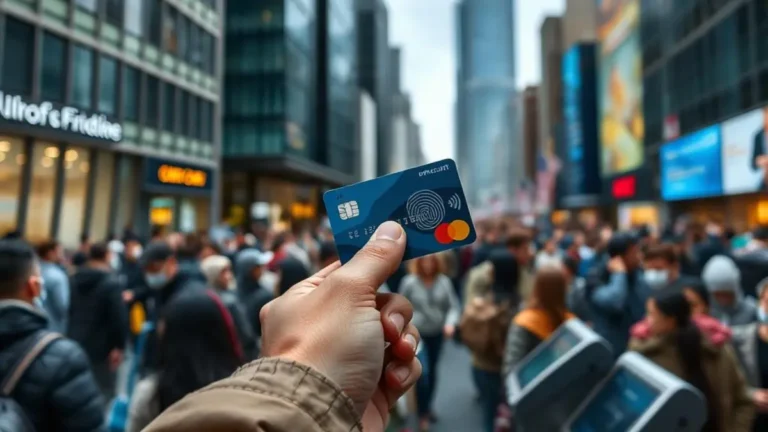

In the realm of personal finance, what once existed only in our dreams has materialized before our eyes.
The ability to wave a device and complete a transaction, a concept that seemed like science fiction mere decades ago is now our everyday reality.
Touch to pay technology has transformed from a fantastical dream into a tangible experience, reshaping how we interact with our money.
As e-wallets become more prevalent, we’re witnessing the manifestation of a long-held vision: frictionless, secure payments that blend seamlessly into our daily lives.
Touch to pay systems employ sophisticated tokenization technology that creates a unique, one-time code for each transaction.
Unlike physical cards that transmit the same information repeatedly, digital payments never expose your actual card details to merchants.
“When you tap your phone to pay, the merchant never receives your actual card number,” explains security expert James Chen. “Instead, they get a token that’s worthless outside that specific transaction.”
Physical cards with EMV chips offer better protection than magnetic stripes but still transmit static data that could potentially be captured in a breach.
Mobile wallet security takes a dramatic leap forward through biometric authentication: